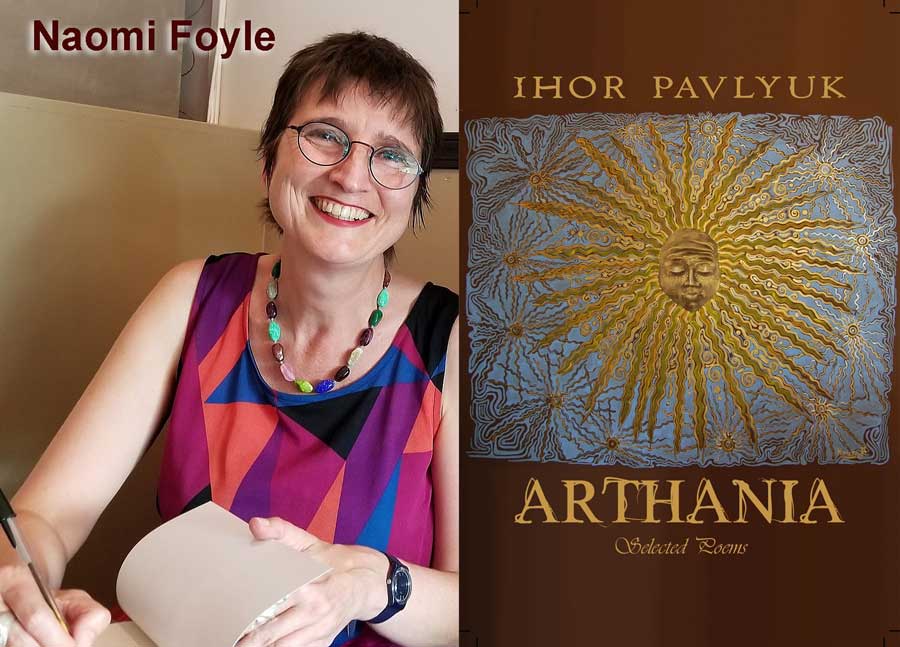As I write, thirty-five babies of international parentage are being cared for by nannies in a hotel room in Kyiv. Swedish, Spanish, Chinese and British children born of surrogate Ukrainian mothers, they have been left in limbo by the pandemic, and must wait to be claimed by their biological parents until the country opens its borders again.
The question of the parentage of poems is an open one – some poets feel they are simply channels for universal visions; some feel tenderly possessive toward their creative offspring; others acknowledge the reader’s place in co-creating the meaning of their work. However one looks at it, Ihor Pavlyuk’s poems are far more fortunate than these stranded babies and their parents; dancing freely across borders and oceans, each ‘a precise and windblown snowflake’, they offer the world subtle insights crystallised from a long, arduous and complex history. War-torn between East and West, Left and Right, modern Ukraine is also a country indebted to science, in love with its literature, and culturally steeped in diverse faiths, Christian, Islamic and pagan traditions.
Ihor Pavlyuk, widely regarded as one of the leading Ukrainian poets of his generation, claims the right to tread all these boundaries as ‘a lone wolf’ slinking between ‘a manger of hay . . . [and] the tsar of flowers’ (‘The Right to Be a Lone Wolf’, Arthania). At this time of global isolation and uncertainty, his poetry reminds us that we all belong to the Earth – and to the cosmos.
Naomi Foyle (born 22 February 1967) is a British-Canadianpoet, novelist, essayist, editor, translator and activist. Best known for her five science fiction novels (Seoul Survivors, Astra, Rook Song, The Blood of the Hoopoe and Stained Light),[1] and her three poetry collections (The Night Pavilion, The World Cup and Adamantine),[2] she is also the author of several poetry pamphlets, two verse dramas and various short stories and essays. A non-Muslim Fellow of the Muslim Institute, Foyle is a contributing editor to Critical Muslim.[3] For her poetry and essays about Ukraine, she was awarded the 2014 Hryhorii Skovoroda Prize.[

